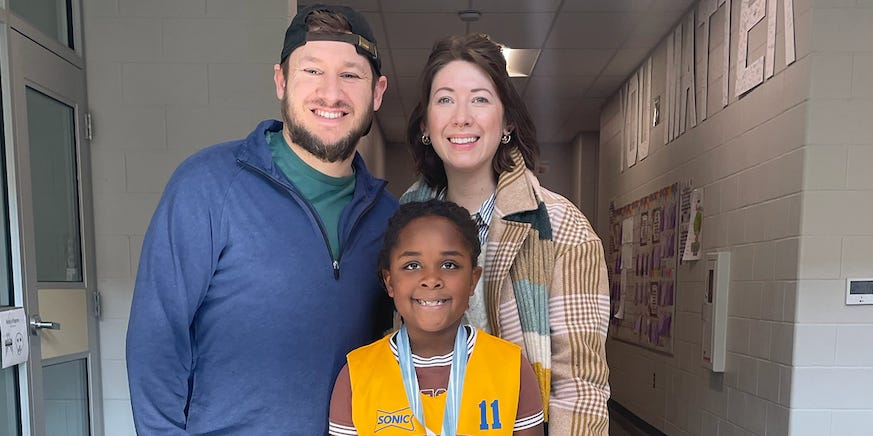Sports Overload: When Parental Enthusiasm Threatens Childhood Joy

Balancing Act: When Passion Meets Childhood Joy
As a parent, I watch my daughter navigate an impressive array of athletic pursuits - gymnastics, basketball, soccer, running club, and softball. Her schedule is packed with activities, each one filled with energy and enthusiasm. While I marvel at her dedication and talent, a quiet concern lingers in the back of my mind: Is she truly experiencing the carefree essence of childhood?
Her eyes light up after each practice, her smile radiating pure excitement. She talks animatedly about team strategies, personal achievements, and the friendships she's forming. Yet, I can't help but wonder if the structured world of competitive sports might be overshadowing the spontaneous play and unstructured moments that define childhood.
But then I see her laughing with teammates, improvising games during water breaks, and dancing with unbridled joy between drills. I realize that her childhood isn't being stolen - it's being richly experienced in a way unique to her spirited personality. She's learning teamwork, discipline, and self-confidence while simultaneously creating memories that will last a lifetime.
Perhaps childhood isn't about a prescribed formula, but about embracing individual passions and finding joy in one's own journey.
